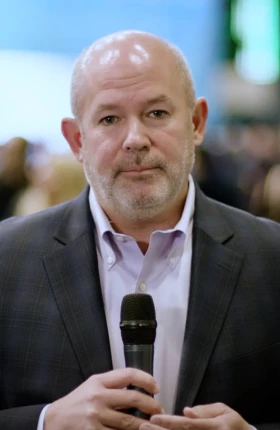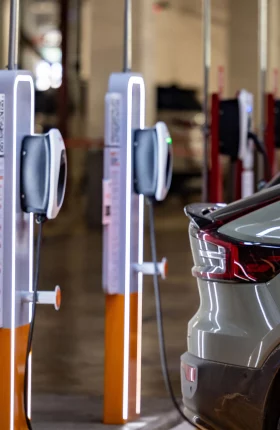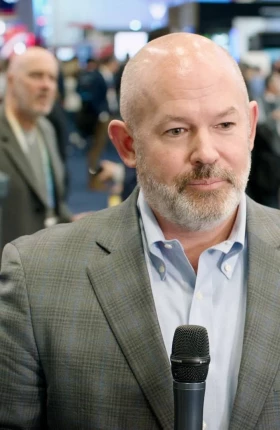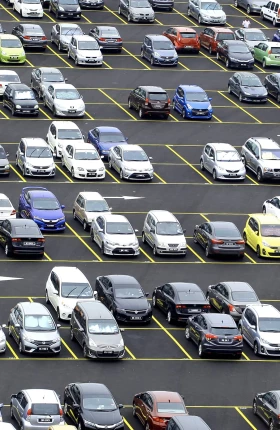
Education
- MBA, Northwestern University Kellogg School of Management
- BA, economics and political Science, Villanova University
Brian Collie is a senior leader for Boston Consulting Group's automotive and mobility business, and a core member of the Operations, Corporate Finance & Strategy, and Global Advantage practices. Previously, Brian served as global leader for automotive and mobility from 2018 to 2024, and before that, as North America automotive and mobility lead from 2015 to 2018.
Brian specializes in working with automotive manufacturers and suppliers on a broad range of strategy, operations, and organizational topics. Over the course of his career he has led dozens of large-scale transformation and growth efforts where he has helped clients in North America, Europe, China, India, and Latin America define their strategic agenda and build the capabilities needed to deliver step change growth and maximize shareholder return.
Brian is an expert on new mobility and passionate about the convergence of sharing, autonomous technologies, and electrification, and their potential to change the world. He previously served as co-lead of BCG's support of the World Economic Forum initiative on the Future of Urban and Autonomous Mobility, and as a member of the Chicago Mayor’s Taskforce on the Future of Transportation and Mobility.
Brian is a member of the Villanova School of Business Dean’s Advisory Council. Prior to consulting, Brian served as a surface warfare officer in the US Navy.












